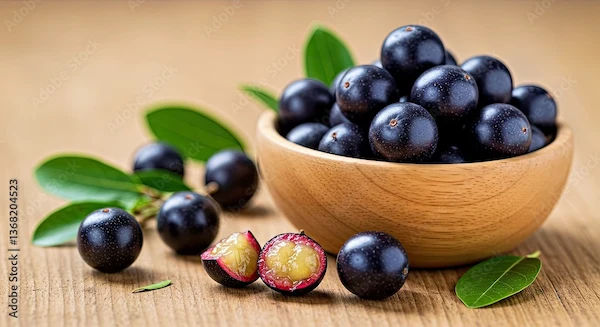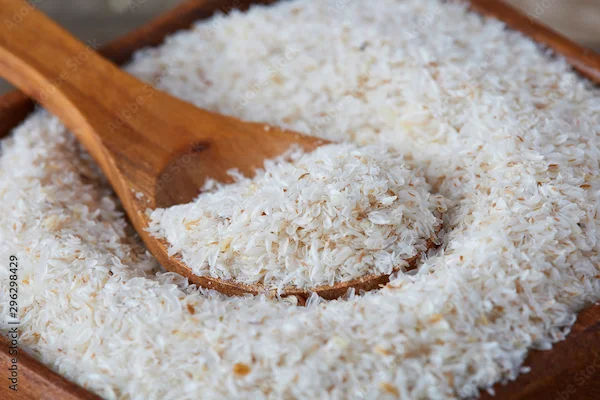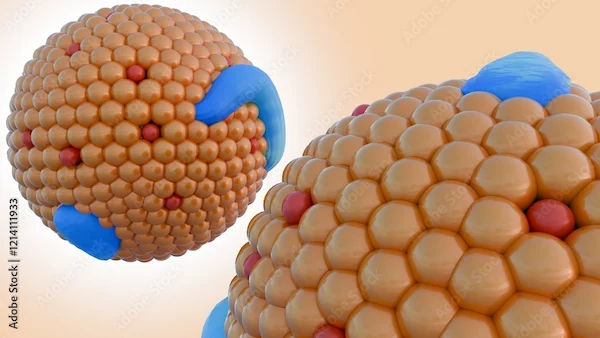Which Sugars Are Healthy Choices?
know about sugar choices, types, how it affects health, alternative sugars and how to reduce the sugar intake in daily diet.

Written by Dr. Md Yusuf Shareef
Reviewed by Dr. Rohinipriyanka Pondugula MBBS
Last updated on 4th Aug, 2025

Introduction
When it comes to sugar, not all types are created equal. Some sugars can be part of a balanced diet, while others may contribute to health problems like weight gain, diabetes, and heart disease. If you're trying to make healthier choices, understanding the different types of sugars and their effects on your body is essential.
Understanding Different Types of Sugars
1. Natural Sugars
These sugars occur naturally in foods and are generally healthier because they come with essential nutrients like fibre, vitamins, and minerals.
Fructose (Fruit Sugar): Found in fruits, honey, and some vegetables. Since fruits also contain fibre, they slow down sugar absorption, preventing blood sugar spikes.
Lactose (Milk Sugar): Present in dairy products like milk and yoghurt. It provides energy along with calcium and protein.
2. Added Sugars
These are sugars added to processed foods and drinks during manufacturing. They provide empty calories (no nutritional value) and can lead to health issues if consumed in excess.
Sucrose (Table Sugar): Extracted from sugarcane or sugar beets, commonly used in sweets, baked goods, and sodas.
High-Fructose Corn Syrup (HFCS): A processed sweetener found in many packaged foods and soft drinks, linked to obesity and metabolic disorders.
Other Processed Sugars: Brown sugar, cane sugar, and agave syrup may seem "natural," but they are still refined and should be consumed in moderation.
Health topic carousel:
Doctor speciality: Nutrition
Text: Consult Top Nutritionist for advice
How Sugar Affects Your Health
While sugar provides quick energy, excessive intake can lead to:
Weight gain (extra calories stored as fat)
Increased risk of diabetes (insulin resistance)
Tooth decay (bacteria feed on sugar)
Heart disease (high sugar intake raises bad cholesterol and triglycerides)
Healthier Sugar Alternatives
If you have a sweet tooth, consider these better options:
Fresh fruits (berries, apples, bananas)
Dates or figs (naturally sweet and rich in fibre)
Stevia or monk fruit extract (zero-calorie natural sweeteners)
Raw honey or pure maple syrup (in small amounts, as they still contain sugar)
Tips for Reducing Sugar Intake
1. Read Labels
Check for hidden sugars in packaged foods (look for names like sucrose, maltose, and dextrose).
2. Limit Sugary Drinks
Replace sodas and fruit juices with water, herbal teas, or infused water.
3. Choose Whole Foods
Opt for whole fruits instead of fruit juices or desserts.
4. Cook at Home
Control sugar levels by preparing meals yourself.
5. Gradual Reduction
Slowly cut back on sugar to let your taste buds adjust.
When to Seek Medical Advice
If you're struggling with sugar cravings, weight management, or symptoms like frequent thirst, fatigue, or blurred vision (possible signs of diabetes), consult a doctor. Apollo 24|7 offers expert consultations and diabetes screening tests to help you stay on track.
Final Thoughts
Not all sugars are bad—natural sugars from whole foods can be part of a healthy diet. The key is moderation and choosing nutrient-rich sources over processed sugars. Small changes in your daily habits can make a big difference in your long-term health!
Health topic carousel:
Doctor speciality: Nutrition
Text: Consult Top Nutritionist for advice




